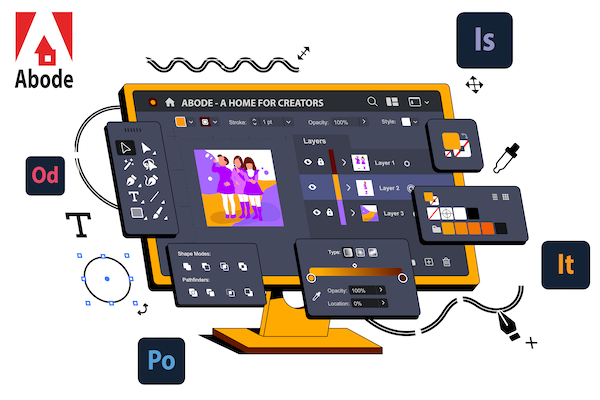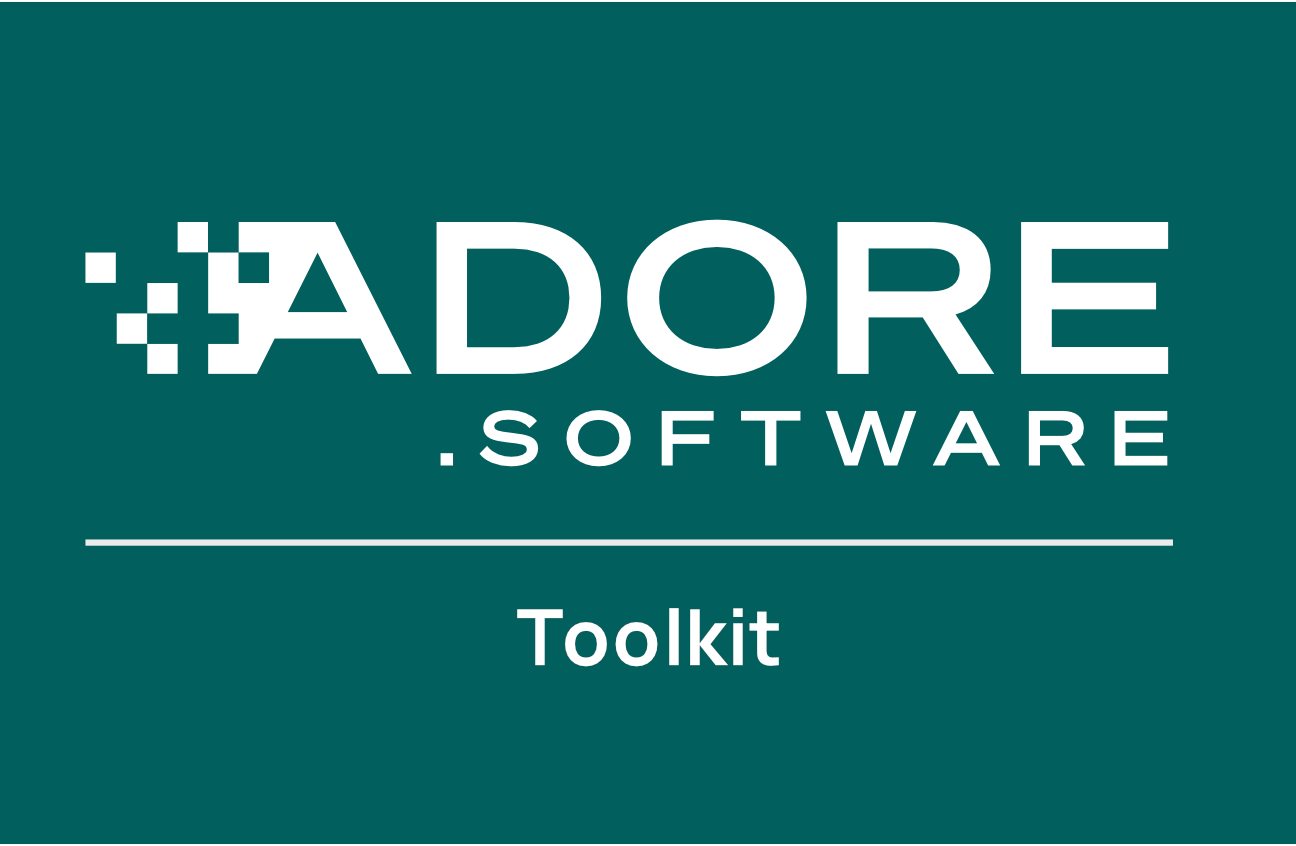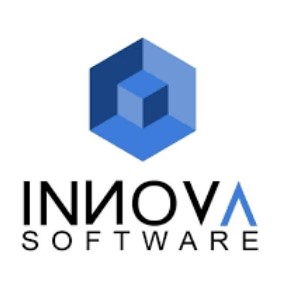Exploring iClinic Software: Revolutionizing Healthcare Management

In today’s rapidly evolving healthcare landscape, the integration of technology has become imperative for efficient patient care, streamlined administrative processes, and enhanced communication between healthcare providers and patients.
Among the myriad of software solutions catering to the healthcare industry, iClinic Software stands out as a comprehensive platform designed to meet the diverse needs of medical practices, clinics, and hospitals. This article delves into the intricacies of iClinic Software, its features, benefits, and the transformative impact it offers to healthcare professionals and patients alike.
Understanding iClinic Software
Introduction to iClinic
iClinic Software is a cutting-edge electronic medical records (EMR) and practice management solution that enables healthcare providers to streamline their workflows, enhance patient care, and improve operational efficiency. Developed with a deep understanding of the complexities of modern healthcare, iClinic offers a user-friendly interface coupled with robust features tailored to meet the unique requirements of medical professionals across various specialties.
Key Features
1. Electronic Health Records (EHR)
iClinic Software provides a centralized platform for managing electronic health records, allowing healthcare providers to access comprehensive patient information securely. From medical history and treatment plans to lab results and medication lists, the EHR module ensures that critical patient data is organized, up-to-date, and easily accessible.
2. Appointment Scheduling
Efficient appointment scheduling is essential for optimizing clinic workflows and minimizing patient wait times. iClinic’s intuitive scheduling feature allows staff to manage appointments seamlessly, minimizing scheduling conflicts and maximizing provider productivity. With customizable appointment reminders and patient notifications, the software helps reduce no-show rates and improves overall patient engagement.
3. Billing and Revenue Cycle Management
Navigating the complexities of medical billing and revenue cycle management can be daunting for healthcare practices. iClinic Software simplifies the process by automating billing tasks, generating accurate invoices, and facilitating electronic claims submission. With built-in revenue cycle analytics, administrators can track payments, identify billing trends, and streamline financial operations for improved profitability.
4. Telemedicine Integration
In an era of remote healthcare delivery, telemedicine has emerged as a vital component of modern medical practice. iClinic Software offers seamless integration with telemedicine platforms, enabling virtual consultations, remote monitoring, and secure video conferencing capabilities. This integration expands access to care, enhances patient convenience, and fosters continuity of care beyond traditional office visits.
5. Clinical Decision Support
Clinical decision support tools embedded within iClinic Software empower healthcare providers with real-time clinical insights, evidence-based guidelines, and diagnostic support. From drug interaction alerts to preventive care reminders, these tools help enhance patient safety, reduce medical errors, and promote adherence to best practices across the care continuum.
Benefits of iClinic Software
1. Enhanced Efficiency and Productivity
By streamlining administrative tasks, automating workflows, and improving communication between healthcare teams, iClinic Software enhances overall efficiency and productivity within medical practices. Providers can spend less time on paperwork and more time focusing on patient care, leading to improved clinical outcomes and patient satisfaction.
2. Improved Patient Engagement and Satisfaction
iClinic Software facilitates meaningful patient interactions through secure messaging, online appointment scheduling, and patient portal access. Patients can conveniently access their health records, communicate with their providers, and actively participate in their care journey, leading to higher levels of engagement and satisfaction.
3. Regulatory Compliance and Data Security
In an environment marked by stringent regulatory requirements and data privacy concerns, iClinic Software prioritizes compliance and data security. With built-in safeguards such as encryption, access controls, and audit trails, the platform ensures that patient information remains protected and in compliance with HIPAA and other regulatory standards.
4. Scalability and Customization
Whether managing a small private practice or a large healthcare network, iClinic Software offers scalability and customization to meet the evolving needs of healthcare organizations. The platform’s modular architecture allows practices to add or modify features as needed, ensuring flexibility and adaptability in a dynamic healthcare landscape.
Conclusion
In conclusion, iClinic Software represents a paradigm shift in healthcare management, offering a comprehensive solution for modern medical practices seeking to optimize workflows, enhance patient care, and improve operational efficiency.
With its robust features, intuitive interface, and commitment to innovation, iClinic Software empowers healthcare providers to deliver high-quality care in an increasingly complex healthcare environment. As technology continues to reshape the healthcare industry, iClinic stands at the forefront, driving positive change and transforming the way healthcare is delivered and experienced around the world.
Continued: iClinic Software: Transforming Healthcare Delivery
Implementation Considerations
1. Training and Support
Adopting a new software solution requires adequate training and ongoing support to ensure successful implementation. iClinic Software offers comprehensive training resources, including online tutorials, user guides, and customer support channels, to help healthcare providers and staff navigate the platform effectively. From initial onboarding to continuous education, investing in training can maximize the benefits of iClinic Software and minimize disruption to clinic operations.
2. Integration with Existing Systems
For seamless integration into existing workflows, iClinic Software supports interoperability with third-party systems and healthcare IT infrastructure. Whether integrating with electronic medical devices, laboratory information systems, or external billing platforms, compatibility and data exchange capabilities are essential considerations for optimizing system integration and interoperability.
3. Cost and Return on Investment (ROI)
While the benefits of iClinic Software are undeniable, healthcare organizations must carefully evaluate the cost implications and potential return on investment (ROI) associated with implementing the platform. Factors such as licensing fees, implementation costs, and ongoing maintenance expenses should be weighed against the anticipated benefits in terms of improved efficiency, revenue generation, and patient satisfaction.
Future Directions
As technology continues to evolve and healthcare delivery models undergo transformation, the future of iClinic Software holds tremendous potential for innovation and advancement. Looking ahead, key areas of focus may include:
- Artificial Intelligence and Predictive Analytics: Leveraging AI and predictive analytics capabilities, iClinic Software can anticipate patient needs, identify trends, and personalize treatment plans, leading to more proactive and effective healthcare delivery.
- Population Health Management: By aggregating and analyzing population health data, iClinic Software can support population health management initiatives, enabling healthcare providers to identify at-risk populations, implement targeted interventions, and improve health outcomes at the community level.
- Enhanced Patient Engagement Tools: Building upon its existing patient engagement features, iClinic Software can further enhance patient communication and self-management capabilities through interactive educational resources, remote monitoring technologies, and mobile health applications.
Conclusion
In conclusion, iClinic Software represents a transformative force in healthcare management, offering a comprehensive suite of tools and capabilities designed to meet the evolving needs of healthcare providers and patients alike.
From electronic health records and appointment scheduling to telemedicine integration and clinical decision support, iClinic Software empowers healthcare organizations to deliver high-quality care, improve operational efficiency, and enhance patient outcomes in an increasingly digital and interconnected healthcare landscape.
As the healthcare industry continues to embrace innovation and technology, iClinic Software stands poised to lead the charge, driving positive change and shaping the future of healthcare delivery worldwide.



